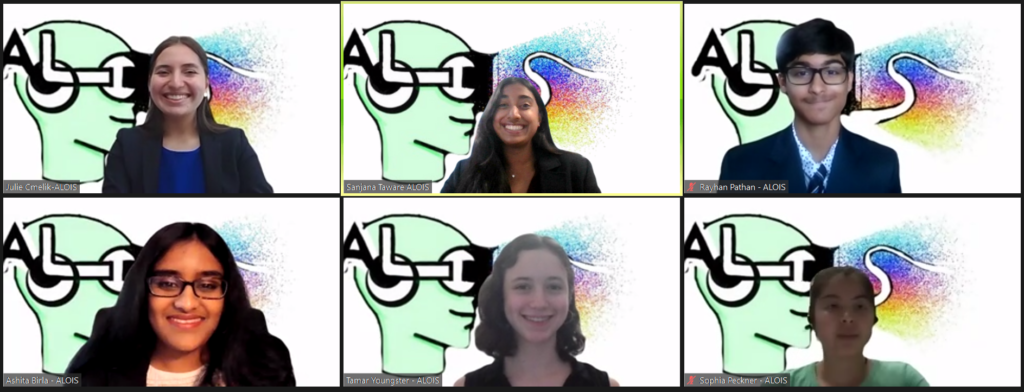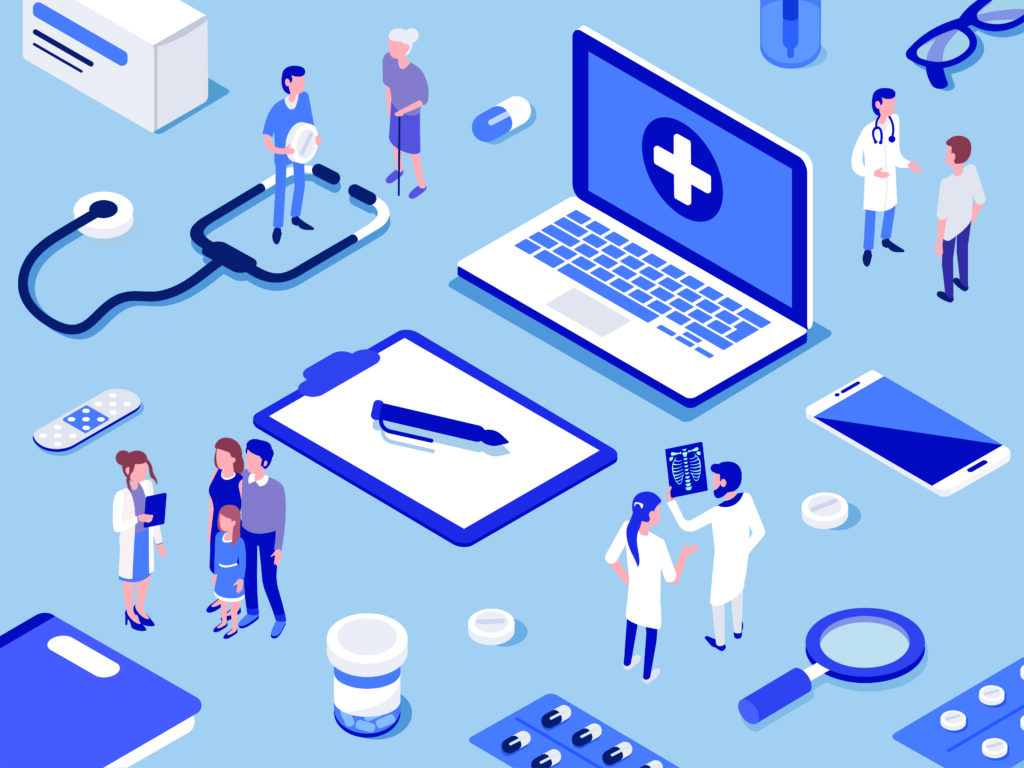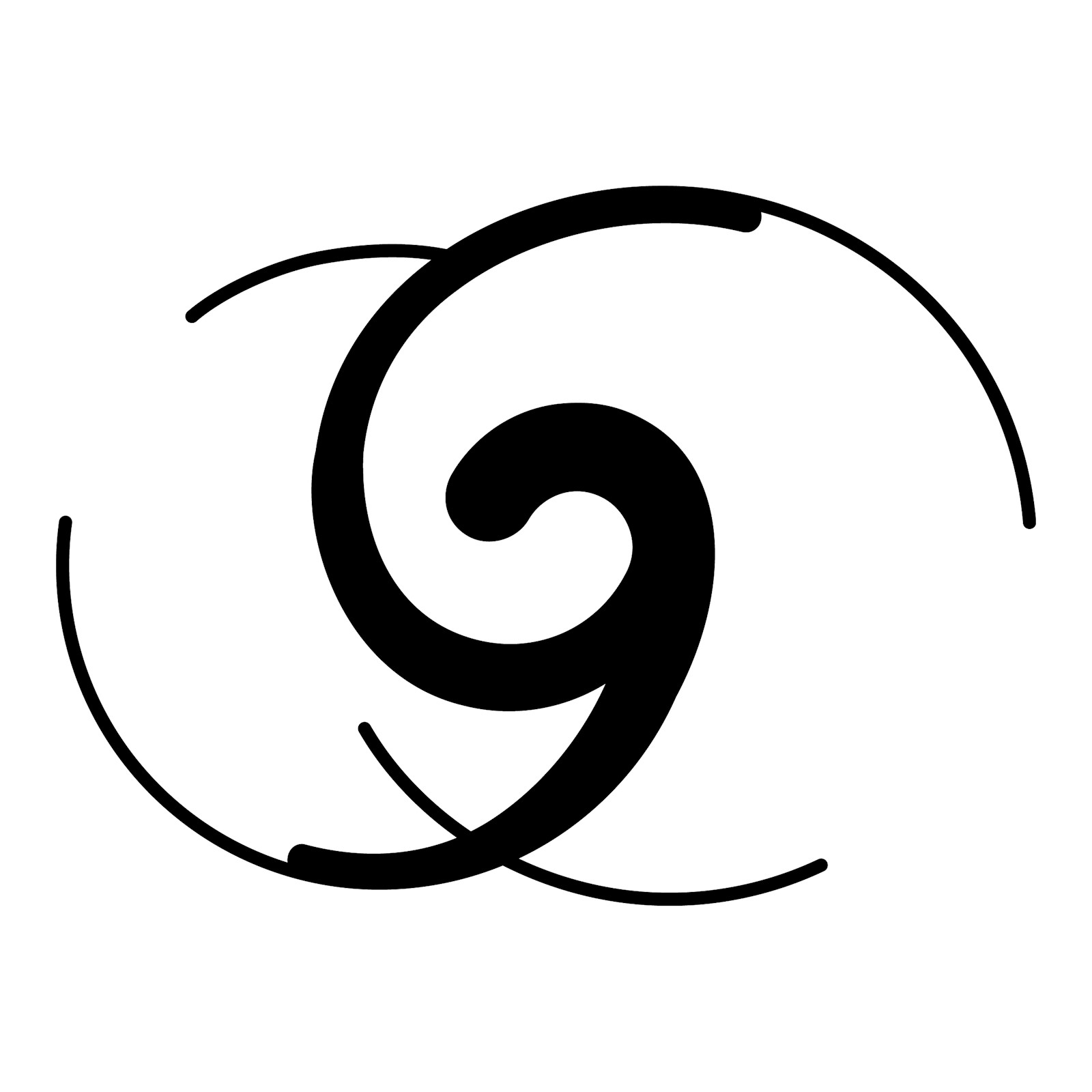The Impact of Social Isolation on Alzheimer’s Disease
Winners of the Junior Academy Innovation Challenge Fall 2021: “The Impact of COVID-19 on Non-Communicable Diseases.”

Alzheimer’s Disease (AD) is a debilitating condition that affects the memory and cognitive functions of 5.8 million people in the U.S. alone. You might not expect teenagers to be especially aware of this terrible disease, especially in the middle of a pandemic. Yet the international Junior Academy team formed by Julie (U.S. Team Lead), Tamar (Israel), Rayhan (U.S.), Ashita (U.S.), Sophia (U.S.) and Sanjana (U.S.) chose to work on this common neurodegenerative affliction for the Fall 2021 Junior Academy challenge.
Working with their mentor, Dr. Himanshu Batra (U.S.), the six teens first set out to gain a better understanding of living with AD before going on to develop their innovative solution. Dr. Batra gave the team good advice: “Think aloud: getting out ideas with colleagues makes the idea more tangible and enables a working hypothesis to mature.”
The team members delved into academic studies, conducted interviews with clinicians, and sent out questionnaires.
“I gained significant insights on the magnitude of this pandemic and its effect on patients and the healthcare system,” says Rayhan.
They learned, for example, that COVID-19 had restricted access to AD diagnostics and therapies while also increasing isolation levels for people living with the disease and their caregivers. Between 40% and 50% of Alzheimer’s sufferers experience depression.
Improving Associated Mental Health Outcomes

Their Alzheimer’s Open Inclusive Solution (ALOIS) project aimed to make early screening more accessible and to improve the mental health of Alzheimer sufferers and their caregivers, often affected by depression and anxiety.
“I was able to connect with and learn from like-minded individuals from various regions of the world,” says Sanjana. “Approaching the challenge alongside people with different perspectives and backgrounds allowed me to gain insight into different ways to approach the problem.”
The intense process was a powerful learning experience for the students and an opportunity to forge bonds across borders with like-minded science enthusiasts.
“Throughout this process as a team lead, I learned many things about task management, scheduling and organization,” says Team Lead Julie.
Each participant contributed their own skills and developed new ones as the project progressed.
“Each one of us had a different field in which they were stronger, which created an amazing dynamic,” Tamar explains.
Bringing it All Together
Based on a study that shows significant differences in the patterns of computer usage between cognitively healthy and cognitively impaired people, the students devised a computer extension that analyzes characters per minute (cpm) and pauses per minute (ppm) during users’ everyday tasks. When applied to people at risk of developing AD (primarily those over the age of 65), this home-based early assessment method could contribute to earlier detection of the disease and encourage patients to seek earlier medical advice.
The international team also developed the versatile ALOIS app, which includes an audio feature that could analyze speech while patients undergo the Boston Naming Test, a standard assessment that requires patients to identify a series of drawings. Audio can identify AD with great accuracy.
“The Boston Naming Test idea felt very innovative and I’m excited to see ways we can engineer it and potentially offer it to the general public,” says Sophia.
The app also contains a Virtual Reality (VR) element, based on Escape Room format, that stimulates short-term or long-term memory. Upper body cardiovascular exercises will also be added to the app, to improve blood flow to the brain, a method shown to slow cognitive decline and improve mental health.
The intense development process, taking place between October and December 2021, has been a fantastic learning experience for the six Junior Academy Challenge winners.
“I have learned many new skills, such as audio analysis in Python and graphic design,” says Ashita. “Thank you to The New York Academy of Sciences Junior Academy for facilitating such a thought-provoking challenge and collaboration.”
The Junior Academy was supported by the Stevens Initiative, which is sponsored by the U.S. Department of State, with funding provided by the U.S. Government, and is administered by the Aspen Institute.
